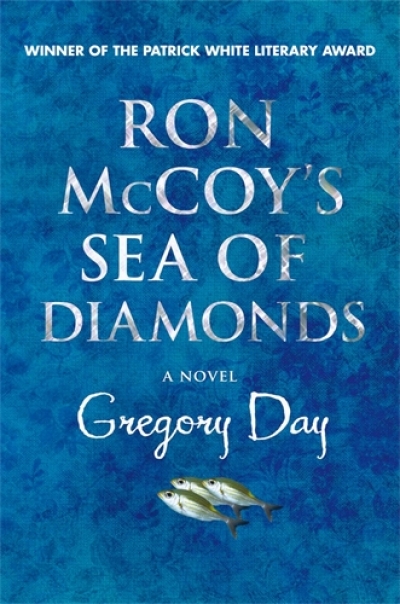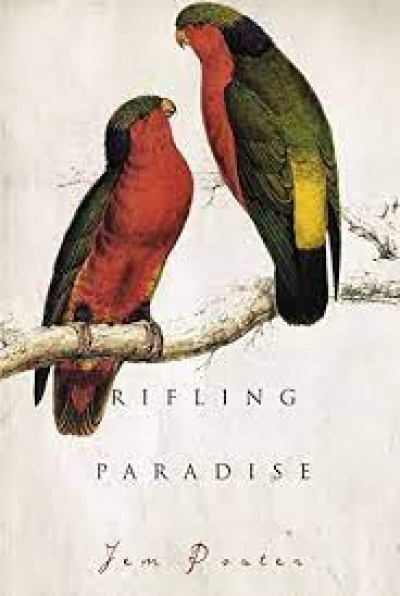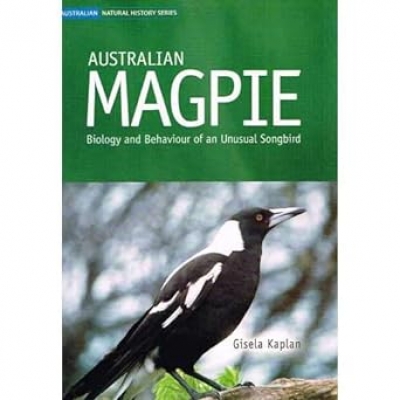Nick Drayson
ABR welcomes letters from our readers. Correspondents should note that letters may be edited. Letters and emails must reach us by the middle of the current month, and must include a telephone number for verification.
... (read more)With wings as black as night and breast as white as cloud, the sea eagle swooped from the sky. It snatched up the baby boy in front of his mother’s very eyes. She acted quickly. She grabbed a coconut shell and hurled it towards the bird. The baby dropped to the ground and landed unhurt on soft sand. But before she could reach it, the baby was gone, swept away by the tsunami. The eagle knew, you see. Like the elephants who had already left the coast, like the dogs that ran for high ground before anyone saw anything, the eagle knew that the big wave was coming. It had been trying to save the baby, and the woman had stopped it, and now her baby is dead.
... (read more)


